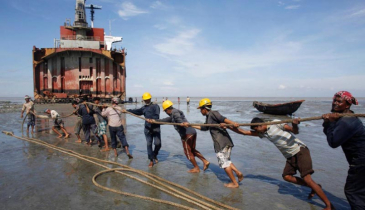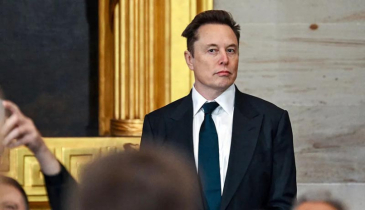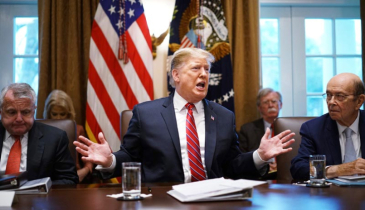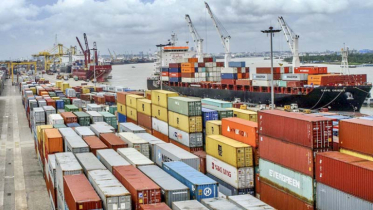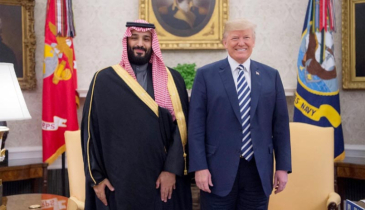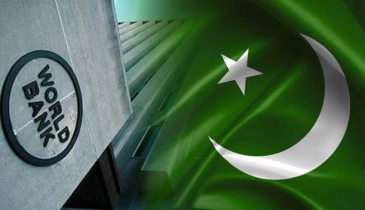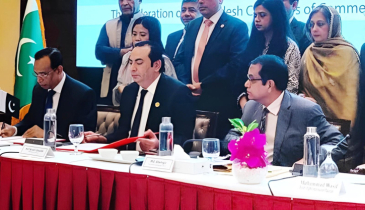EU approves new sanctions against Russia

The European Union (EU) on Friday approved its ninth sanctions package against Russia to step up pressure on the country, targeting its economy and figures who have played instrumental roles in the war in Ukraine.
The EU agreed on the fresh wave of sanctions a few days after EU foreign policy chief Josep Borrell announced that there was 'no 100% agreement' between the EU foreign ministers without detailing what the dispute was.
European Commission President Ursula von der Leyen on Friday welcomed the agreement between member nations.
'It (sanctions package) focuses on tech, finance and media to push the Russian economy and war machine further off the rails,' Von der Leyen said on Twitter.
It also sanctions almost 200 individuals and entities 'involved in attacks on civilians and kidnapping children,' Ursula von added.
The package includes new export controls and restrictions on dual-use goods to Russia, as well as restrictions on mining investments in the country.
'This will ensure that key chemicals, nerve agents, night-vision and radio-navigation equipment, electronics and IT components that could be used by the Russian war machine cannot be freely traded. To avoid circumvention, some Russian-controlled entities based in illegally annexed Crimea or Sevastopol are also included in the list,' said a press release by the Council of the European Union.
The prohibition will apply to manned as well as unmanned aircrafts, it noted, adding that this meant a 'ban on the direct exports of drone engines to Russia and any third country that could supply drones to Russia.'
Also, the bloc will freeze the assets of two Russian banks and add the Russian Regional Development Bank to its list of Russian state-owned or controlled entities subject to a full transaction ban.
The sanctions will also cover media outlets such as broadcasters NTV/NTV Mir, Rossiya 1, REN TV, and Pervyi Kanal.
'The Council initiated the process for suspending the broadcasting licences of four additional media outlets in order to address Russia's systematic, international campaign of disinformation to destabilize its neighboring countries,' the statement said.
.png)


